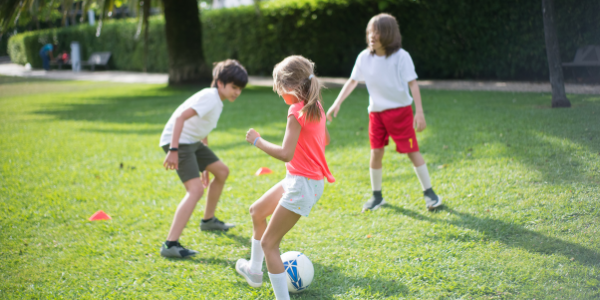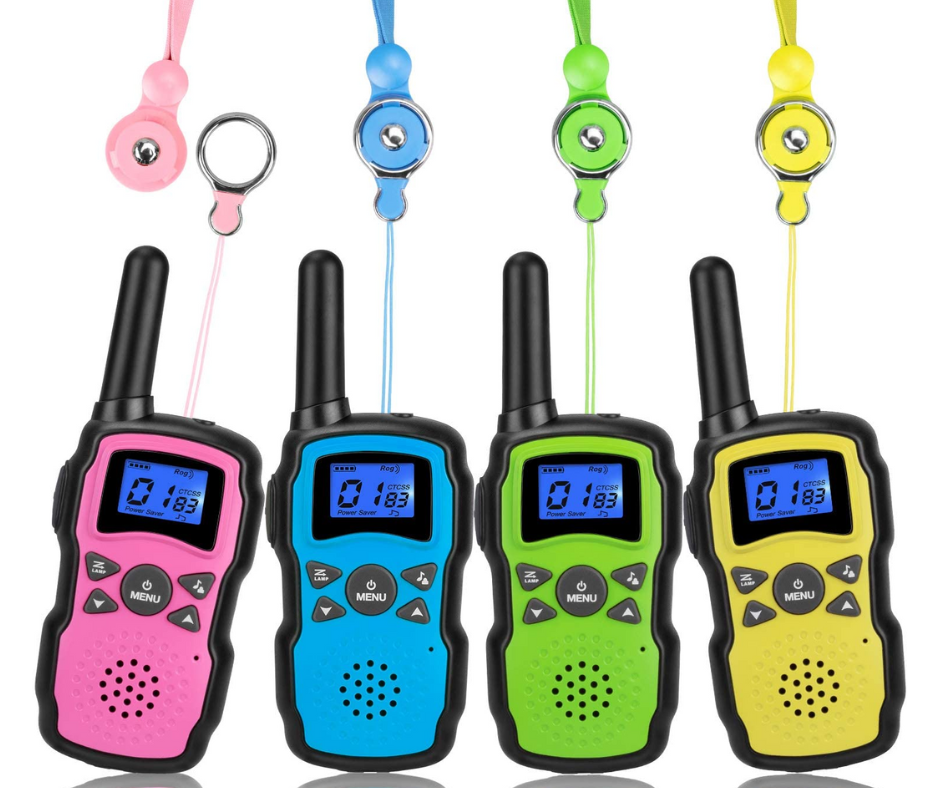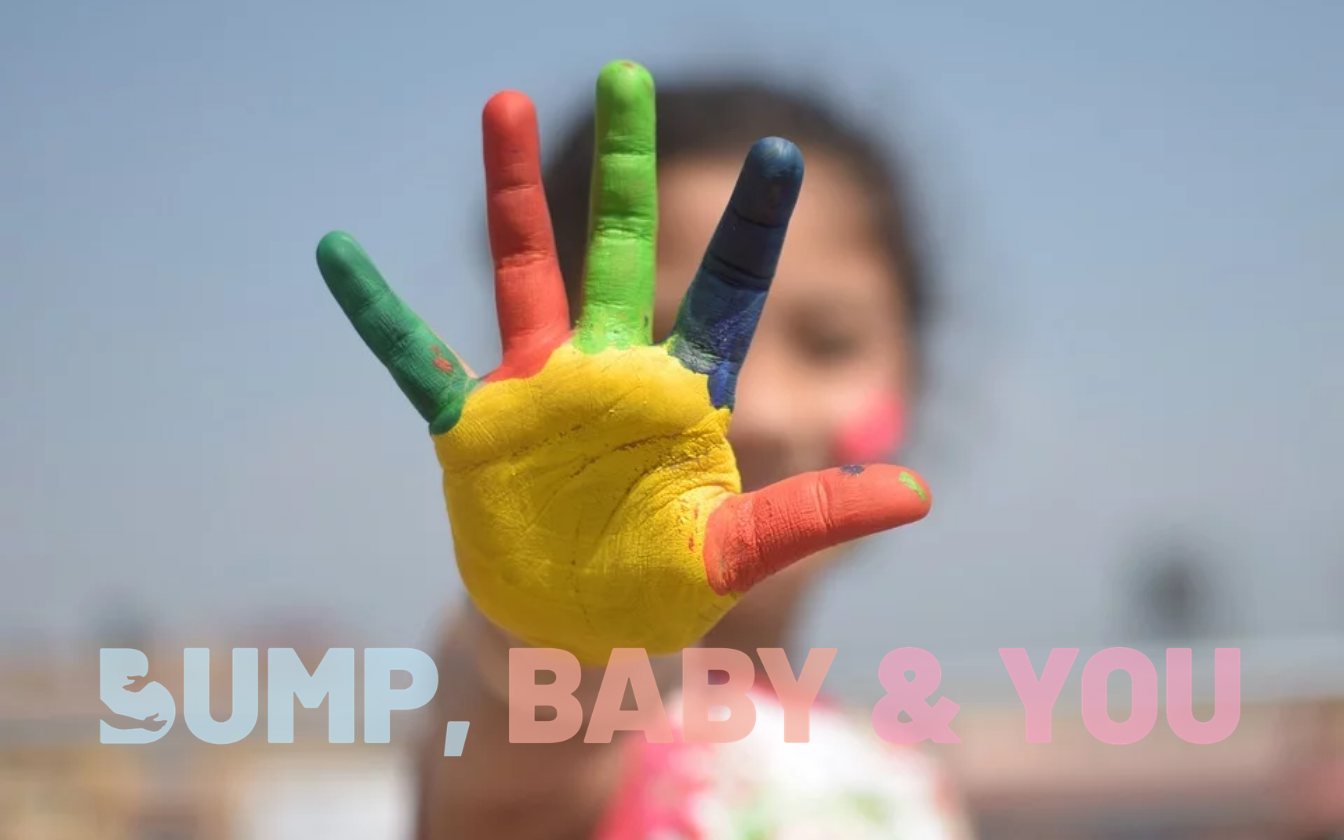

The age of children allowed by their parents to play out alone is rising.
This can be a contentious topic - how young is too young to allow your child to 'play out' with their friends without an adult or older child supervising them?
The responses can be divisive and incredibly varied, with many parents and guardians pointing out that it all depends on the maturity level of the individual child as well as the safety of the area you live in. There's no law on how old a child must be to play out with their friends but latest research shows that the age at which children are being given this independence is rising, much to the concern of experts.
What has the age of playing out unsupervised risen to?
The British Children’s Play Survey, which took place in April 2020, has discovered that children these days are on average 11 years old before parents allow them to play out alone. This has risen by two years over the course of the generation. Parents of school-age children in 2022 were on average allowed to play out without adult supervision by the age of nine.
The study found that, on average, kids in the UK play for around three hours per day. Roughly half of this happens outside.
The British Children’s Play Survey, conducted in April 2020, has found that UK children are not allowed to play outside on their own until they are, on average, two years older than their parents’ generation were. Find out more https://t.co/uXbmYXZJaI (via @guardian)
— NSPCC Learning (@NSPCCLearning) April 20, 2021
Why are experts concerned?
Some child experts have raised concerns about the increase in protective behaviour by parents and have issued a warning that by suppressing adventurous play, a child's long-term mental and physical health could be negatively impacted.
The British Children's Play survey asked over 1900 parents of school-aged children about their play. Dr Helen Dodd, who is a a professor of child psychology at the University of Reading, led the study and spoke to The Guardian about the findings.
"In the largest study of play in Britain, we can clearly see that there is a trend to be protective and to provide less freedom for our children now than in previous generation. The concerns we have from this report are twofold.
First, we are seeing children getting towards the end of their primary school years without having had enough opportunities to develop their ability to assess and manage risk independently. Second, if children are getting less time to play outdoors in an adventurous way, this may have an impact on their mental health and overall wellbeing."
The author of Urban Playground, Dr Tim Gill, also spoke to The Guardian, stating that the study shows kids have been 'subject to a gradual, creeping lockdown incrementally over the last generation.
"Thanks to the pandemic, we all know what lockdown feels like. This groundbreaking study shows that British children have been subject to a gradual, creeping lockdown over at least a generation.
The reasons are different, with social changes, safety fears, technology and traffic growth all arguably playing a part. However, the end result for all too many children is the same: boredom, isolation, inactivity and poorer mental and physical health. The consequences for their development and wellbeing should not be underestimated."
This is important research by @DrHelenDodd. She has been tirelessly advancing the cause of #childrensplay since well before the pandemic. I was happy to add my voice in this piece to her call for a greater focus on children's #everydayfreedoms. https://t.co/EVlVHId1zR
— Tim Gill (@timrgill) April 20, 2021
What did the parents in our online community say?
We asked in a poll over on our private Facebook group; what age, roughly, is appropriate for a child to play out unsupervised?
50% of voters selected 11 years and older, and the majority of other voters selected ages between 7 and 10. It was however noted that circumstances will vary wildly; someone living in a quiet rural village with a green in front of their house and a road with a 20mph limit will have a different response to a family living in a built-up area along a 40mph road and higher crime rate!
One parent did point out that the rise in age between parents playing out, and their children playing out, may not actually fully be down to an increase in 'overprotective parental behaviour'. She pointed out that crime statistics can change with generations; long gone are the days of leaving your front door unlocked to nip to the shops and 'latch key kids', so rather than it being down to 'overprotective' parents, it's more a case of sensible safety precautions for many families.
Tips and advice for safety-conscious parents...
It's safe to say that this is such a multi-faceted topic, what advice would work for one family may not be relevant to another. There are so many factors to consider when it comes to determining whether your child is truly ready and resilient enough to play out unsupervised, so we've taken a look at what the NSPCC have to say on the matter, as they're a trustworthy and reliable child safety organisation.
You can download a guide on deciding if your child is ready to go out alone or stay home alone here - it's a really useful read. It looks at factors such as;
- Do YOU think they're ready?
- Where do they want to go?
- Who will they be with?
- How far will you allow them to travel?
- What time curfew will you set?
- Do they have your phone number and address on them in case of an emergency?
- Do they have medical needs to consider?
Products that may help...
For those of you who feel that your child is ready to venture outdoors with their friends without you or another adult, for peace of mind, why not consider some walkie talkies with a decent range so that you can get hold of them at short notice if they've not yet got a mobile phone?

We also love the AngelSense tracker for children; the app is really easy to use and helps you to keep tabs on them in real-time using the GPS.
![]()
Our verdict...
This is such a divisive topic and we can understand why there's no clear-cut answer to this - the age that a child can appropriately play out with friends without adult supervision can vary so much, for so many reasons. Ultimately, as parents, you know your children best, and you know how safe your area is for them.
Affiliate links are marked with an *
Other articles to read...


.png)







